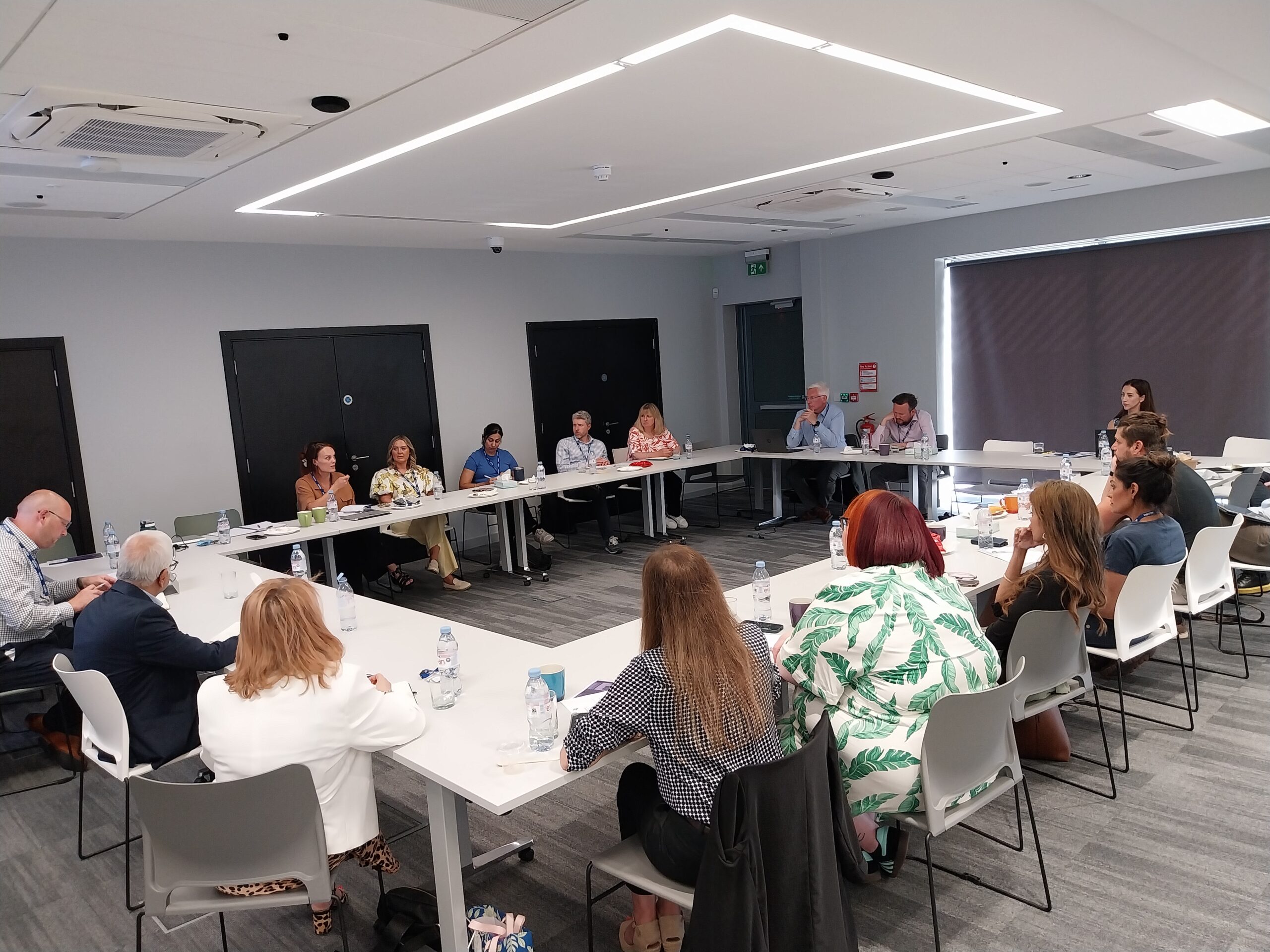The time has come for “actions, not words” from politicians, says East Midlands Chamber – as a new study shows confidence is nosediving among businesses.
This week, the chamber of commerce for Derbyshire, Nottinghamshire and Leicestershire will publish the results of its Quarterly Economic Survey (QES), which is delivered in partnership with the University of Leicester School of Business and gauges the health of the region’s economy, for the third quarter of 2023.
Data will show a steep fall in optimism among the region’s business community for an improvement in turnover and profitability amid rising cost pressures for energy, people, raw materials and fuel.
MPs return to Parliament from tomorrow (11 October) after party conference season, which followed Parliamentary recesses over the summer and early autumn for the Conservative leadership election and period of mourning following Queen Elizabeth II’s death.
Chris Hobson, director of policy and external affairs at East Midlands Chamber, said: “The on-off pauses in parliamentary activity – for reasons fully understood – over the past few months have led to a bottleneck in decision-making from the top of Government.
“At the same time, a cost-of-doing-business crisis has tightened its grip on firms, which are under huge pressure to get through a difficult winter and beyond. Businesses are telling us that alongside the increased costs they face, cashflow is worsening and demand for their products and services is now dampening for the first time since pandemic restrictions were removed.
“We have heard lots of rhetoric from our MPs during a summer characterised by internal politics but as we enter the final quarter of the year, the vacuum of policy decisions must be replaced with actions, not words.
“This will help businesses to get on with doing what they do best – creating jobs, wealth and opportunities, and helping the economy get out of the difficulties it’s currently in.”
Mini-budget measures are a good start – but market uncertainty a concern
Some of the announcements in Chancellor Kwasi Kwarteng’s mini-budget aimed at growth and putting money back in the pockets of companies at a time they most need it are welcomed, said Chris.
But these measures – alongside a commitment to streamline planning processes, develop infrastructure and incentivise meaningful business investment – have yet to be pushed through.
“If we are to truly get the economy moving again, as the Government says it wants to do, it needs to stop the log-jam of policy ideas and turn them into legislation to give businesses the confidence to invest,” Chris added.
Following recent turmoil with sterling and in bond markets, he called for “clear reassurance about its plans to ensure that as a country, we are taking a responsible approach to managing our finances and aren’t viewed as a risk by external investors”.
Chris added: “Further detail on the costings of recent proposals, along with anticipated growth returns and timescales for this, is now needed.
“The current market uncertainty damages consumer confidence and doesn’t support those that are looking to invest in their businesses. As such, the current proposal from Government of giving further details and costings towards the end of November feels too far away for businesses to wait.”








